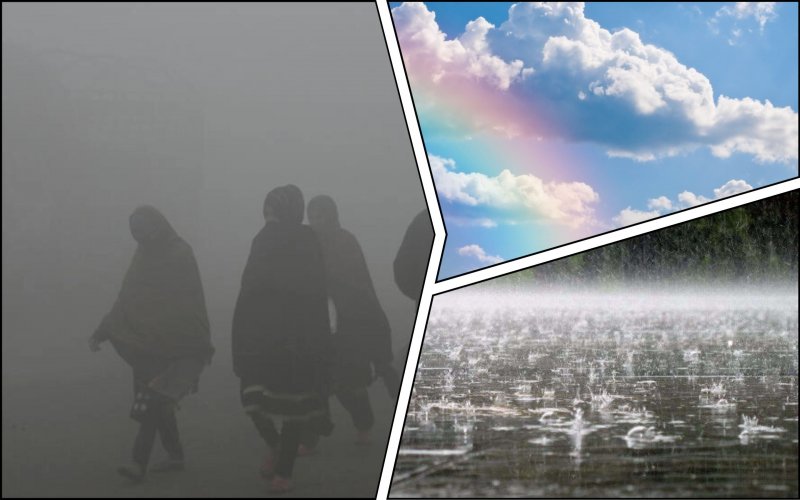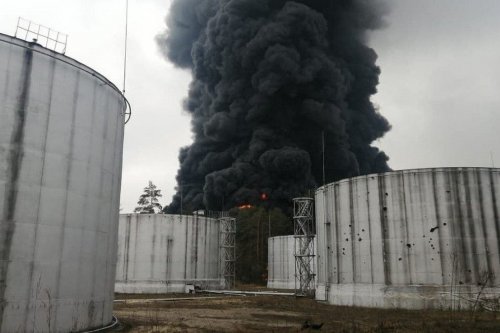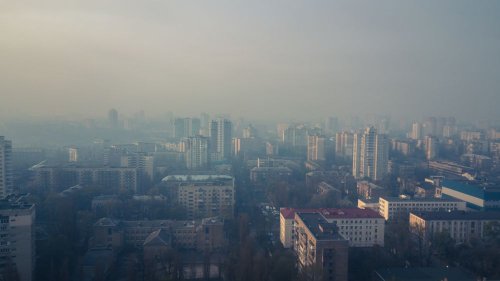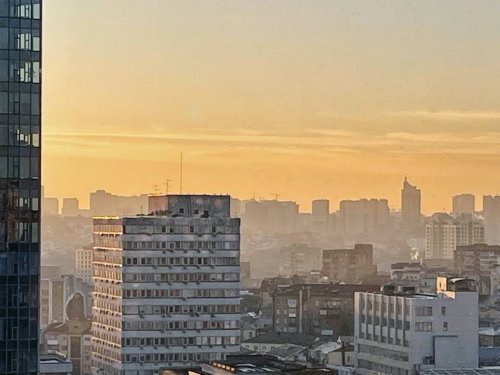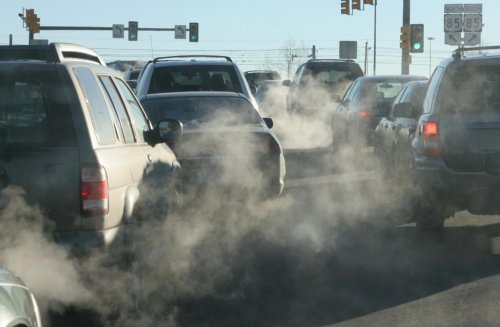For the first time, Pakistan has used artificial rain technology to reduce the level of dangerous smog in the metropolis of Lahore.
To do this, salts were dispersed in the atmosphere, which contribute to the formation of clouds, France 24 reports.
It is noted that the clouds were "created" by specialists from the United Arab Emirates. In the country, the technology is used to cause rain in arid regions. After all, crystals contribute to the formation of condensation in the form of rain.
"Teams from the UAE along with two planes arrived here about 10-12 days ago. They used 48 flares to create rain," said interim Punjab Chief Minister Mohsin Naqvi.
He added that a long-term strategy to combat smog requires some research to formulate a plan.
According to experts, even very moderate rain effectively reduces pollution.
The article said that air pollution in Pakistan has increased in recent years and has led to a persistent cloud of smog. The reasons for this were:
- use of low-quality diesel fuel;
- burning of seasonal crops;
- low winter temperatures.
It is noted that the content of PM2.5 dust exceeded the standard set by the World Health Organization by 66 times.
The material emphasized that inhalation of poisonous air has catastrophic consequences for health. It can cause strokes, heart disease, lung cancer and respiratory diseases.
"Successive governments have used various methods to reduce air pollution in Lahore, including spraying water on roads and closing schools, factories and markets on weekends, with little or no success," the report said.
Earlier, EcoPolitic wrote, that Chinese scientists discovered microplastics in clouds and suggested that it can contribute to their formation and influence the weather.
As EcoPolitic previously reported, research has shown that elderly people living in cities with air pollution have lower cognitive abilities compared to residents of cities where environmental programs are implemented, because their brains are degraded by air pollution.

